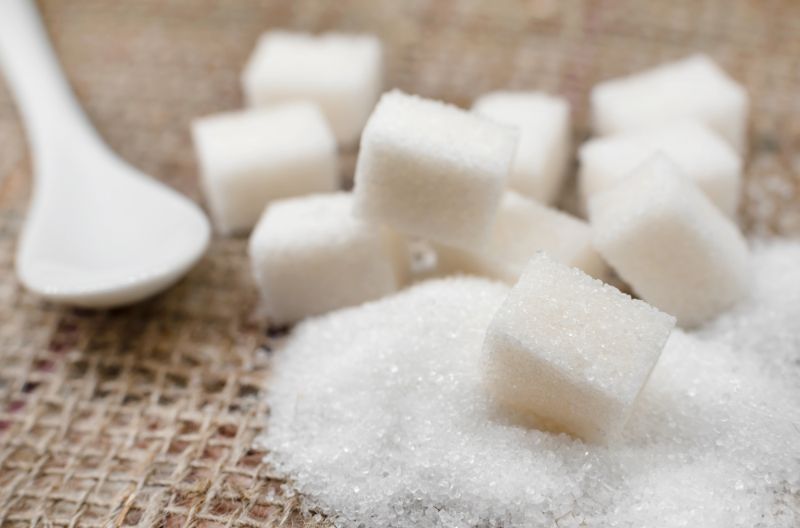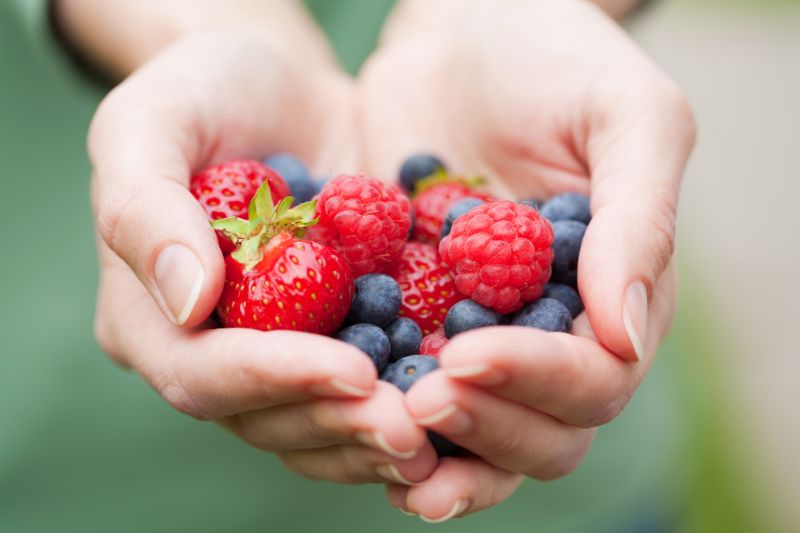Sugar is in many of our favorite foods and drinks, but it’s not a healthy option to consume. The goal for many people is to reduce sugar from their diets because sugar can lead to diabetes, weight gain, and other health issues. However, eliminating drinks and foods that contain added sugars is a process that can present challenges.

The reason it’s so challenging to reduce sugar consumption is that sugar activates the brain’s reward system, releasing opioids and dopamine and creating a pleasurable sensation. This process generates a psychological and physical addiction. So, as with any addiction, sugar reduction can cause unwanted effects while detoxing. Here are some of the challenges you may face when withdrawing from sugar.
1. Depressed Moods
Reducing your sugar intake drastically, especially if your daily intake is usually high, can affect your mood. Because your brain is no longer producing the same dopamine and opioid reward levels as it was when receiving excessive amounts of sugar, this can result in depressive moods similar to the ones that some may experience with nicotine withdrawal.
When you decide to reduce your daily sugar consumption, try to reduce it gradually instead of all at once. Once you’ve reduced your sugar intake over a period of time to the maximum amount recommended, six teaspoons or 24 grams of added sugar daily for women and nine teaspoons or 36 g for men, or lower, you should have only experienced minimal amounts of depression if any during that stepping down period.
2. Cognitive Issues
Because the brain needs sugar as a fuel source to power thinking, memory, and learning functions, you can’t eliminate sugar totally from your diet. Low blood sugar can lead to reduced brain activity, which can produce poor attention and cognitive functions.
However, you don’t want to fuel your brain with beverages and foods with added sugars, such as sugar-sweetened beverages, baked goods, low-fat foods, and candies and sweets. So, reduce added sugar intake and replace them with fruits and vegetables containing natural energy sweeteners. Incorporate sugar beets, bananas, carrots, sweet corn, and sweet peas into your diet as alternate sources to fuel your brain.

3. Cravings
Low blood sugar levels can produce cravings because blood sugar is an energy source. A significant drop in sugar intake can contribute to blood sugar levels lower than what your body is used to. You may find yourself craving dense foods high in carbohydrates and processed sugars when your blood sugar levels are lower than usual.
Consider switching to sweet drinks or baked goods made with sugar alternatives like Stevia or Allulose to soothe sweet tooth cravings while reducing your calorie intake. In addition, dark chocolate and fruit can also help with sweet cravings. To deal with cravings even more effectively, eat larger quantities of proteins and healthy fats over carbohydrates at meal times, and make sure you eat the proteins on your plate first before the carbohydrates.
A Positive Outlook and Sugar Substitutes Are Healthier Alternatives
Sugar can be challenging to minimize in our diets, but not impossible. Thinking about the positive aspects of reducing sugar in your diet, such as minimizing tooth decay, reducing your chances of a heart attack, and maintaining normal blood pressure, will make your process easier. In addition, incorporating healthier sugar alternatives will allow you to continue to enjoy sweet foods and drinks without adverse health consequences.
